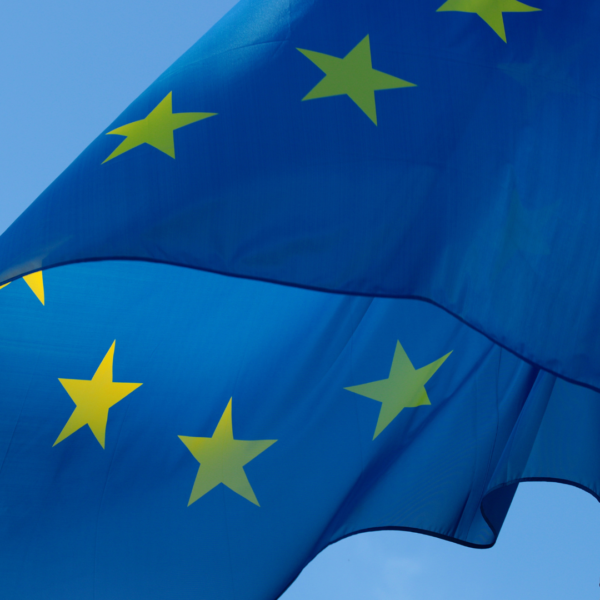New EU Directive empowering consumers for the green transition
Reading time : 2 minutesOn January 17th, 2024, the European Parliament officially approved its provisional agreement with the Council regarding the Proposal for a directive on empowering consumers for the green transition through better protection against unfair practices and better information (the "Directive"). The Council is anticipated to soon ratify the provisional agreement, paving the way for the Directive's publication in the EU Official Journal and its subsequent enforcement by Member States.

